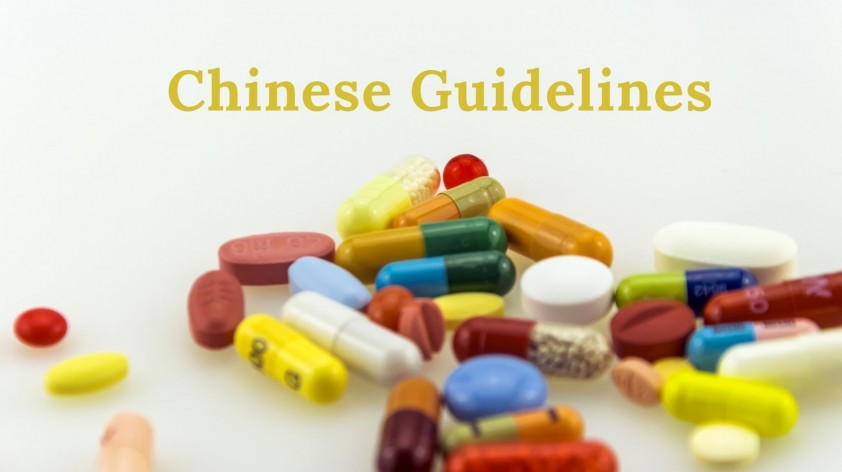Following my earlier post, this one continues to discuss intriguing Chinese business culture and the Chinese language.
Want to get updates more frequently? Connect with me on LinkedIn. I post at least once a week and have 5K+ followers and counting!
The curious case of company seals when doing business with China
As a Western business director, when you develop a contract with a Chinese company, you’ll sign to show your consent; your Chinese business partner, however, signs as well as stamps with a bright red company seal.
For a contract to take effect with a company in China, a company seal is compulsory – A signature can be optional, even if it’s from the CEO.
When there are multiple pages in a document, you’ll authorise by writing down your initials on pages that are not the signature page.
In the Chinese culture, however, a company seal again comes in to play its magic. The printed document is arranged in such a way that the company seal can be stamped on the margins of every page, so each page has some read ink touch.
The difference in the sign-off cultures, in my opinion, is whether a culture is individualistic or collectivist. Chinese culture is collectivist. A company seal represents the company as a group of people. As such, it’s perceived as being more authoritative and carrying more power.
A Chinese company usually doesn’t require a Western business to possess a company seal, so don’t worry that you have to stamp, too!
How to respectfully address your Chinese business partner
In the West, people are addressed by their first name, no matter how high their organisational position is, according to my observation.
It’s a different story in the Chinese culture.
When working in China, I asked people to call me Amanda. But most of the time, they would call me Dr Mao.
Why?
In the Chinese culture, modesty is a virtue. It’s taught in schools, written in history books and ingrained in people’s minds. People would consider modesty is at play when you introduce yourself, and they’d insist on addressing you respectfully.
Seldom does a Chinese person tell you to call them General Manager Li, for example. They’d say, just call me by name. But when their position in a company is clear to you as a Westerner, then always address them with the position title followed by their family name.
When in doubt, address a Chinese person higher in the title – it will only benefit the relationship.
Different dining cultures in China and Australia
In China, people put great emphasis on having meals uninterrupted. If I call you unplanned, and you say, “I’m in the middle of my dinner”, or “I’m about to have lunch”, I’d be quite apologetic and hang up quickly. I’d say: “Sorry for interrupting. Please take time to have your meal. I’ll call back later. “
I don’t think you’ll use such a reason to end a call with an Aussie colleague, do you?
Here in Australia, a lot of, if not all, networking functions are held during mealtime, with finger food optional. In China, though, if a business meeting is planned around mealtime, people will expect a proper or even extravagant dinner to be arranged.
It’s fascinating to observe the dining culture differences. Maybe we can even extrapolate it to Western vs. Oriental Culture?
Why numbers get my head spin
I’m usually thinking with the language I’m speaking, aka, English or Chinese, with one exception: numbers.
I always process large numbers in Chinese in my head, and then say it in English. Conversely, when I see a number in English, I mentally translate it into Chinese before I can fully grasp the magnitude.
While numbers like hundred and thousand pose little challenge, the Chinese numerical system treats ten thousand as one word, “Wan”. So 10 thousand is 1 Wan, and 100 thousand is 10 Wan.
It doesn’t stop here, though.
Million is not a word by itself but 100 Wan.
100 million is yet another milestone word called “Yi”. 100 million is 1 Yi and 1 billion is 10 Yi.
No wonder each time there’s a big number, my head is spinning!
Author: Amanda Mao, PhD
Acurit Medical Communications Pty Ltd provides bilingual Chinese medical writing and medical translation services for the pharmaceutical, medical device and nutrition industry. If you find the article useful, please share it with your network. You can also contact us to let us know your comments.



